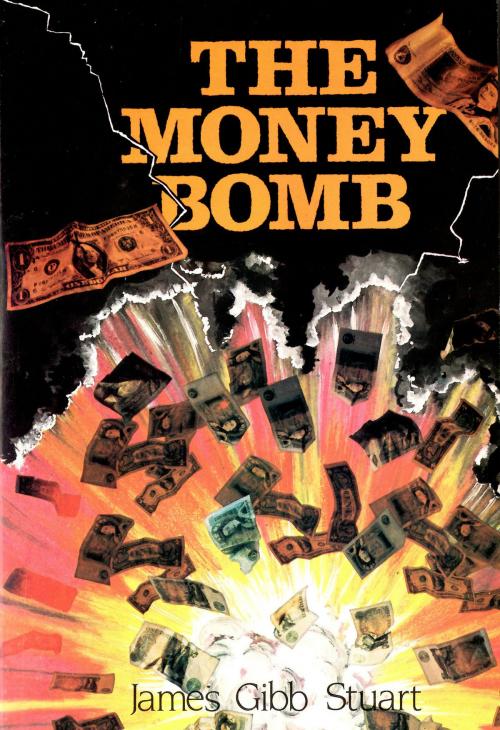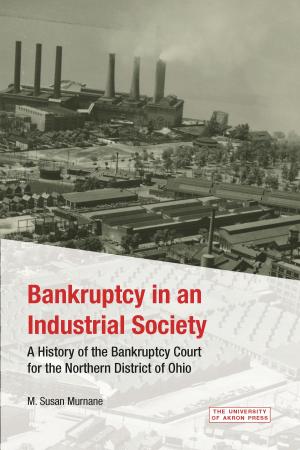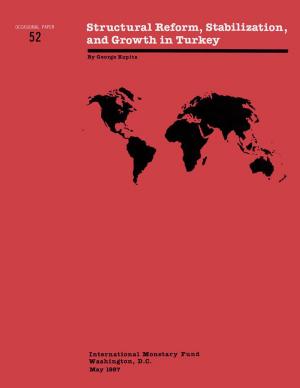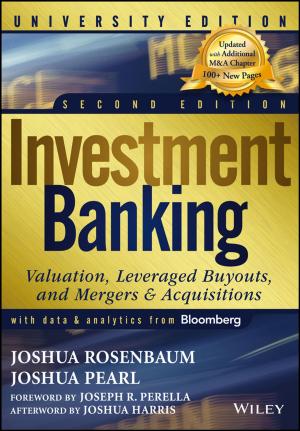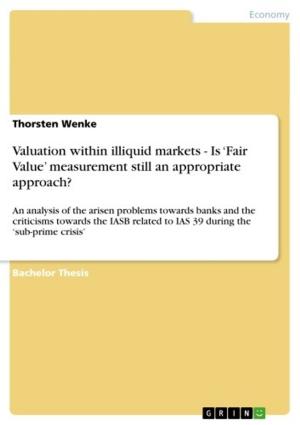The Money Bomb
Business & Finance, Economics, Public Finance, Money & Monetary Policy, Finance & Investing, Banks & Banking| Author: | James Gibb Stuart | ISBN: | 9780947621209 |
| Publisher: | Stuart Titles Ltd | Publication: | August 21, 2013 |
| Imprint: | Stuart Titles Ltd | Language: | English |
| Author: | James Gibb Stuart |
| ISBN: | 9780947621209 |
| Publisher: | Stuart Titles Ltd |
| Publication: | August 21, 2013 |
| Imprint: | Stuart Titles Ltd |
| Language: | English |
'The Money Bomb' was launched on the morning of the Chancellor's Budget in April 1983 and although it was featured in the 1st Edition of the London Evening Standard, by the time the second edition was on the streets, the article on the 'Money Bomb' had been pulled. Similarly, orders taken earlier that day from retailers were mysteriously then cancelled.
Clearly 'The Money Bomb' had hit a raw nerve with the authorities and the assumption is that the powers that be, must have felt it was too close to the truth for comfort. But why ? What caused such concern ?
Not only did the author expose the time bomb ticking away unnoticed at the very heart of the world's financial systems, a bomb which will eventually destroy our whole economy unless it can be defused, but he also puts a spotlight on those vested interests who don't want us to know. He guides us step by step through the monetary processes which rule our lives and explains the fallacy upon which they are based. Key to his argument are:
- The single most important factor restricting industrial expansion is Government Debt
- Recessions and depressions are an inevitable consequence of the debt structure, making nonsense of the accepted economic wisdom
- Public borrowing is caused by the necessity to find the interest on previous borrowings
- Inflation could be stopped, and taxation drastically lowered, if Government found an answer to this problem by creating its own money
- Those who benefit most from the current financial system will do all in their power to resist change
Now 30 years on, the bomb's ticking has accelerated and the shocking predictions made in 1983 have already come scarily true. We are delighted to publish 'The Money Bomb' as an e-book for the first time, in its original format but with updated statistics to show just how accurate Mr Gibb Stuart's predictions were back in 1983.
Clearly 'The Money Bomb' had hit a raw nerve with the authorities and the assumption is that the powers that be, must have felt it was too close to the truth for comfort. But why ? What caused such concern ?
Not only did the author expose the time bomb ticking away unnoticed at the very heart of the world's financial systems, a bomb which will eventually destroy our whole economy unless it can be defused, but he also puts a spotlight on those vested interests who don't want us to know. He guides us step by step through the monetary processes which rule our lives and explains the fallacy upon which they are based. Key to his argument are:
- The single most important factor restricting industrial expansion is Government Debt
- Recessions and depressions are an inevitable consequence of the debt structure, making nonsense of the accepted economic wisdom
- Public borrowing is caused by the necessity to find the interest on previous borrowings
- Inflation could be stopped, and taxation drastically lowered, if Government found an answer to this problem by creating its own money
- Those who benefit most from the current financial system will do all in their power to resist change
Now 30 years on, the bomb's ticking has accelerated and the shocking predictions made in 1983 have already come scarily true. We are delighted to publish 'The Money Bomb' as an e-book for the first time, in its original format but with updated statistics to show just how accurate Mr Gibb Stuart's predictions were back in 1983.
'The Money Bomb' was launched on the morning of the Chancellor's Budget in April 1983 and although it was featured in the 1st Edition of the London Evening Standard, by the time the second edition was on the streets, the article on the 'Money Bomb' had been pulled. Similarly, orders taken earlier that day from retailers were mysteriously then cancelled.
Clearly 'The Money Bomb' had hit a raw nerve with the authorities and the assumption is that the powers that be, must have felt it was too close to the truth for comfort. But why ? What caused such concern ?
Not only did the author expose the time bomb ticking away unnoticed at the very heart of the world's financial systems, a bomb which will eventually destroy our whole economy unless it can be defused, but he also puts a spotlight on those vested interests who don't want us to know. He guides us step by step through the monetary processes which rule our lives and explains the fallacy upon which they are based. Key to his argument are:
- The single most important factor restricting industrial expansion is Government Debt
- Recessions and depressions are an inevitable consequence of the debt structure, making nonsense of the accepted economic wisdom
- Public borrowing is caused by the necessity to find the interest on previous borrowings
- Inflation could be stopped, and taxation drastically lowered, if Government found an answer to this problem by creating its own money
- Those who benefit most from the current financial system will do all in their power to resist change
Now 30 years on, the bomb's ticking has accelerated and the shocking predictions made in 1983 have already come scarily true. We are delighted to publish 'The Money Bomb' as an e-book for the first time, in its original format but with updated statistics to show just how accurate Mr Gibb Stuart's predictions were back in 1983.
Clearly 'The Money Bomb' had hit a raw nerve with the authorities and the assumption is that the powers that be, must have felt it was too close to the truth for comfort. But why ? What caused such concern ?
Not only did the author expose the time bomb ticking away unnoticed at the very heart of the world's financial systems, a bomb which will eventually destroy our whole economy unless it can be defused, but he also puts a spotlight on those vested interests who don't want us to know. He guides us step by step through the monetary processes which rule our lives and explains the fallacy upon which they are based. Key to his argument are:
- The single most important factor restricting industrial expansion is Government Debt
- Recessions and depressions are an inevitable consequence of the debt structure, making nonsense of the accepted economic wisdom
- Public borrowing is caused by the necessity to find the interest on previous borrowings
- Inflation could be stopped, and taxation drastically lowered, if Government found an answer to this problem by creating its own money
- Those who benefit most from the current financial system will do all in their power to resist change
Now 30 years on, the bomb's ticking has accelerated and the shocking predictions made in 1983 have already come scarily true. We are delighted to publish 'The Money Bomb' as an e-book for the first time, in its original format but with updated statistics to show just how accurate Mr Gibb Stuart's predictions were back in 1983.
